

Have you ever wanted to ...
– export 10,000 mass-customized copies of your InDesign document?
– use spatial-tiling algorithms to create your layouts?
– pass real-time data from any source directly into your InDesign project?
– create color palettes based on algorithms?
– or simply reconsider what print can be?
basil.js is ...
– making scripting in InDesign available to designers and artists.
– in the spirit of Processing and easy to learn.
– based on JavaScript and extends the existing API of InDesign.
– a project by The Basel School of Design in Switzerland.
– has been released as open source in February 2013!
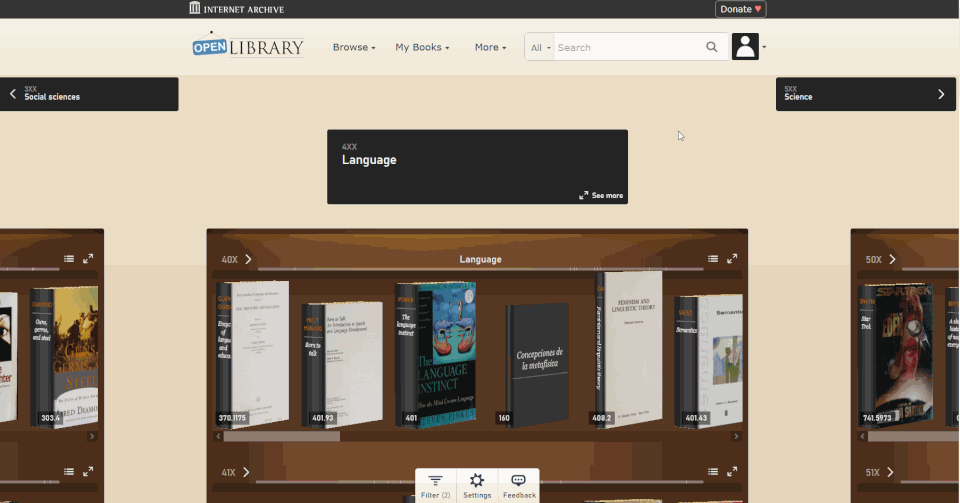
Enter the Open Library Explorer, Cami’s new experiment for browsing more than 4 million books in the Internet Archive’s Open Library. Still in beta, Open Library Explorer is able to harness the Dewey Decimal or Library of Congress classification systems to recreate virtually the experience of browsing the bookshelves at a physical library. Open Library Explorer enables readers to scan bookshelves left to right by subject, up and down for subclassifications. Switch a filter and suddenly the bookshelves are full of juvenile books. Type in “subject: biography” and you see nothing but biographies arranged by subject matter.
Why recreate a physical library experience in your browser?
Now that classrooms and libraries are once again shuttered, families are turning online for their educational and entertainment needs. With demand for digital books at an all-time high, the Open Library team was inspired to give readers something closer to what they enjoy in the physical world. Something that puts the power of discovery back into the hands of patrons.
Escaping the Algorithmic Bubble
One problem with online platforms is the way they guide you to new content. For music, movies, or books, Spotify, Netflix and Amazon use complicated recommendation algorithms to suggest what you should encounter next. But those algorithms are driven by the media you have already consumed. They put you into a “filter bubble” where you only see books similar to those you’ve already read. Cami and his team devised the Open Library Explorer as an alternative to recommendation engines. With the Open Library Explorer, you are free to dive deeper and deeper into the stacks. Where you go is driven by you, not by an algorithm..
Zoom out to get an ever expanding view of your library
Change the setting to make your books 3D, so you can see just how thick each volume is.
Cool New Features
By clicking on the Settings gear, you can customize the look and feel of your shelves. Hit the 3D options and you can pick out the 600-page books immediately, just by the thickness of the spine. When a title catches your eye, click on the book to see whether Open Library has an edition you can preview or borrow. For more than 4 million books, borrowing a copy in your browser is just a few clicks away.
Ready to enter the library? Click here, and be sure to share feedback so the Open Library team can make it even better.
Explore the inventions, technology and ideas of science fiction writers
Date Device Name (Novel Author)
1634 Weightlessness (Kepler) (from Somnium (The Dream) by Johannes Kepler)
1638 Weightlessness in Space (from The Man in the Moone by Francis Godwin)
1638 Gansas (from The Man in the Moone by Francis Godwin)
1657 Moon Machine - very early description (from A Voyage to the Moon by Cyrano de Bergerac)
1705 Cogitator (The Chair of Reflection) (from The Consolidator by Daniel Defoe)
1726 Knowledge Engine - machine-made expertise (from Gulliver's Travels by Jonathan Swift)
1726 Geometric Modeling - eighteenth century NURBS (from Gulliver's Travels by Jonathan Swift)
1726 Bio-Energy - produce electricity from organic material (from Gulliver's Travels by Jonathan Swift)
1726 Laputa - a floating island (from Gulliver's Travels by Jonathan Swift)
1727 Androide - the original (from Cyclopaedia by Ephraim Chambers)
Literary analysts have long noticed the hand of another author in Shakespeare’s Henry VIII. Now a neural network has identified the specific scenes in question—and who actually wrote them.
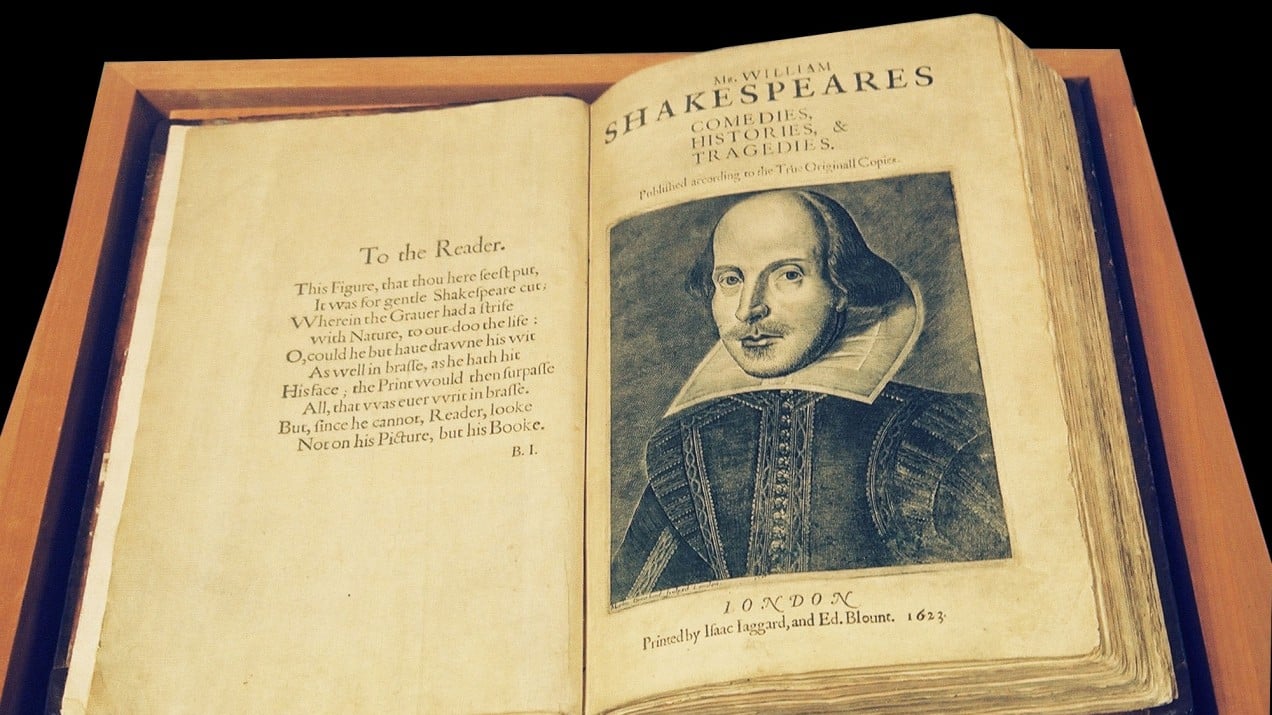
For much of his life, William Shakespeare was the house playwright for an acting company called the King’s Men that performed his plays on the banks of the River Thames in London. When Shakespeare died in 1616, the company needed a replacement and turned to one of the most prolific and famous playwrights of the time, a man named John Fletcher.
Demonstration tutorial of retraining OpenAI’s GPT-2-small (a text-generating Transformer neural network) on a large public domain Project Gutenberg poetry corpus to generate high-quality English verse.
https://jalammar.github.io/illustrated-gpt2/
Other tutorial : https://medium.com/@ngwaifoong92/beginners-guide-to-retrain-gpt-2-117m-to-generate-custom-text-content-8bb5363d8b7f
https://github.com/minimaxir/gpt-2-simple
Example : http://textsynth.org/
Datasets :
https://www.kaggle.com/datasets
https://github.com/awesomedata/awesome-public-datasets
Scrap webpage with python :
https://www.crummy.com/software/BeautifulSoup/
https://github.com/EugenHotaj/beatles/blob/master/scraper.py
https://github.com/shawwn/colab-tricks
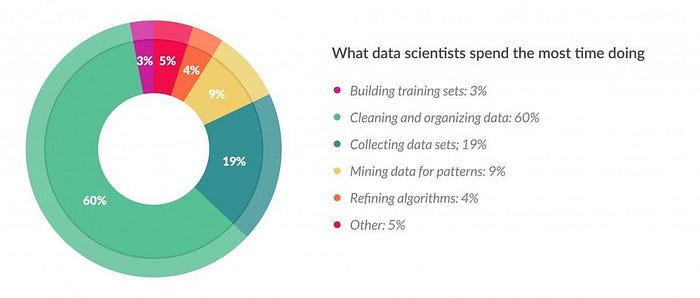


Welcome to Planet eBook, the home of free classic literature! The latest version of the site, with its mobile-friendly design and multi-format eBooks, attempts to make our collection of eBooks available on all devices.
Existing free eBooks on the web tend to be well beneath the quality of paper books, making them more difficult and less pleasurable to read. In a small way, we’re trying to change this. Our goal is to publish a small selection of high-quality eBooks — each a genuine alternative for readers wanting to enjoy reading a book without having to pay for it.
The books we publish in Australia are all in the public domain and out of copyright. Please be sure to check the copyright laws for your country before downloading.
Richard
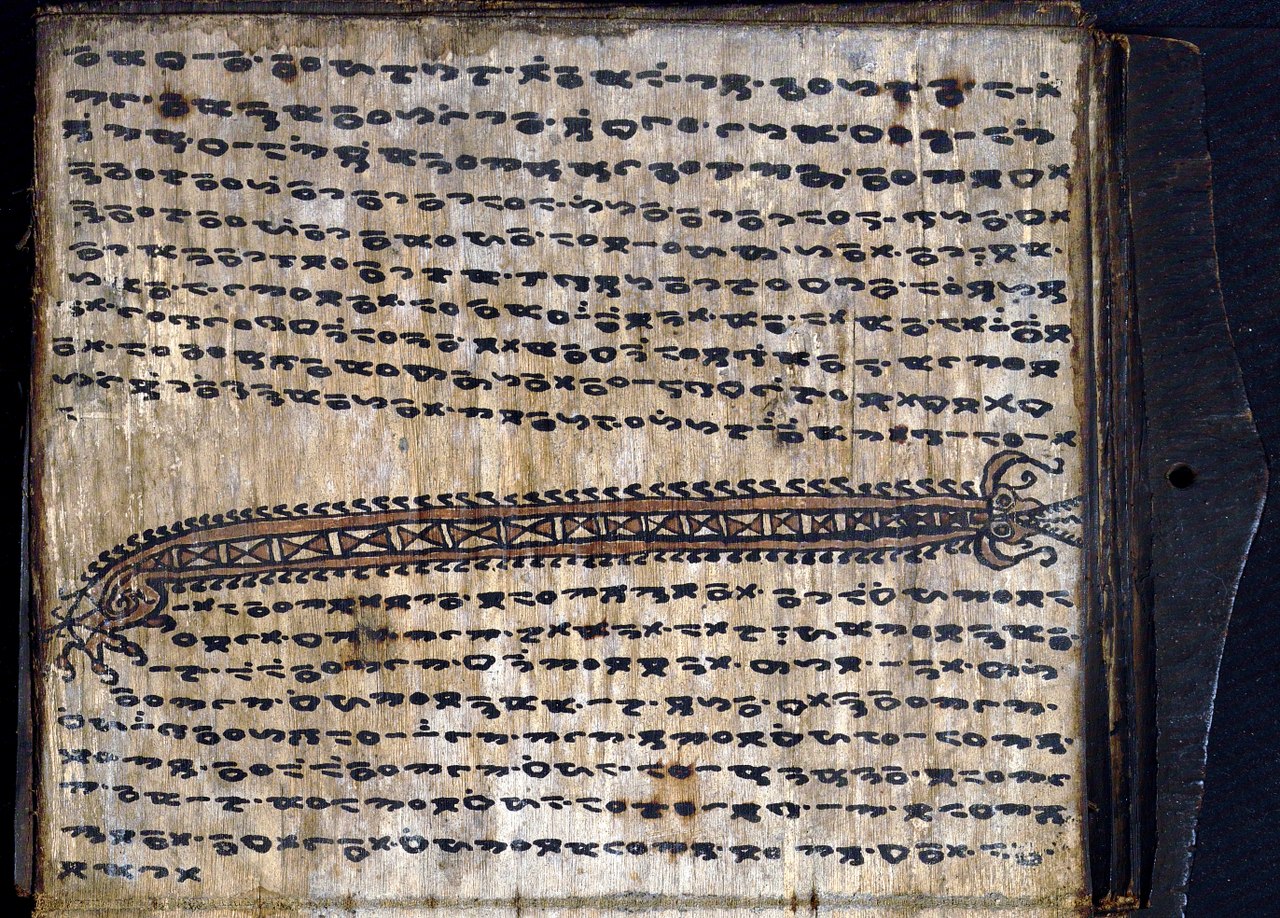
My goal is to include scripts from indigenous and minority cultures who are in danger of losing their sense of history, identity and purpose and who are trying to protect, preserve and/or revive their writing system as a way of reconnecting to their past, their dignity, their sense of a way ahead.
A traditional script is a visual reminder of a people’s identity — as we can tell by the number of cultures that continue to use their script as an emblem (on printed invitations, on shop fronts, even on the national flag) long after most people have stopped using it for everyday purposes.
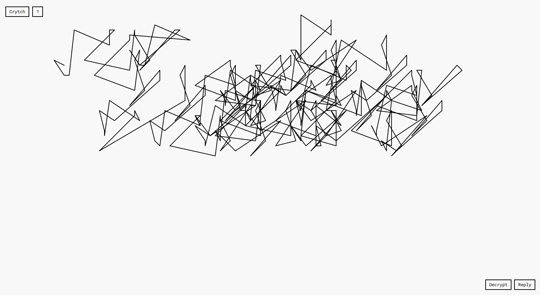
Crytch is a web tool for creating and encrypting visual messages.
It transfers the idea of Visual Cryptography to letters and shapes consisting of multiple anchor points and connecting lines. As soon as one begins to enter a password, these points start moving on a variable matrix. That way, the password will never be stored on the server.
The correctly decrypted image is the only possible verification of a valid password. Thus, the exact point at which the original image is revealed can solely be determined by a human observer.
All text messages are displayed in a typeface specifically designed for Crytch. In order to make it impossible to deduce the encrypted letter just by counting its anchor points, all glyphs consist of the exact same amount.

This audio reading of The Metamorphosis is read by David Barnes. Contents : # I - 00:49:52 # II - 00:53:51 # III - 00:50:42
When you enter phrases into the Google Books Ngram Viewer, it displays a graph showing how those phrases have occurred in a corpus of books.
Edition numerisee des manuscrits de Madame Bovary avec transcription
The Story Starter provides 298 million ideas for writers of novels, short stories, mysteries, horror, science fiction or silly stories. If you have never written a story, The Story Starter will give you ideas that will help you get started.
Type in a word to find its rhymes, synonyms, definitions, and more
Have you been searching for just the right cliche to use? Are you searching for a cliche using the word "cat" or "day" but haven't been able to come up with one? Just enter any words in the form below, and this search engine will return any cliche
Liste de discussion du groupe de travail sur les ecritures hypertextuelles.
It is not about cliches, no matter what the link says that brought you here. Tropes are devices and conventions that a writer can reasonably rely on as being present in the audience members' minds and expectations.
Relation between text, space and time
Definition and example of oulipo rules
By andreas freise
Mathematical operations on words
A community for exchanging used books
Literature community
Pole multimedia de creation litteraire
Create the perfect slogan from a keyword
Flash based google news
Creative project by russian type designers
Tracking the way we use language
Jeux litteraires hebdromadaires
Raymond queneau oulipo text
Ouvroir de Litterature Potentiel
Ouvroir de Litterature Potentiel
Textual exp. and constrain
Compose a love poem
Oulipo game
Textes d'auteurs appartenant au domaine public.